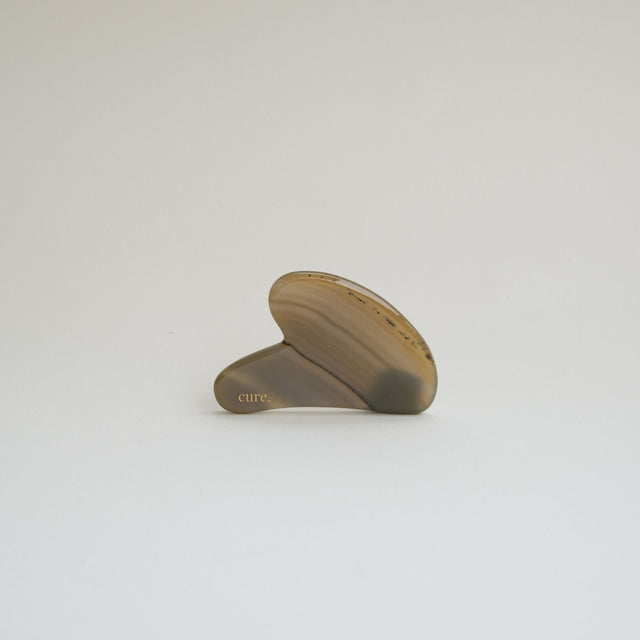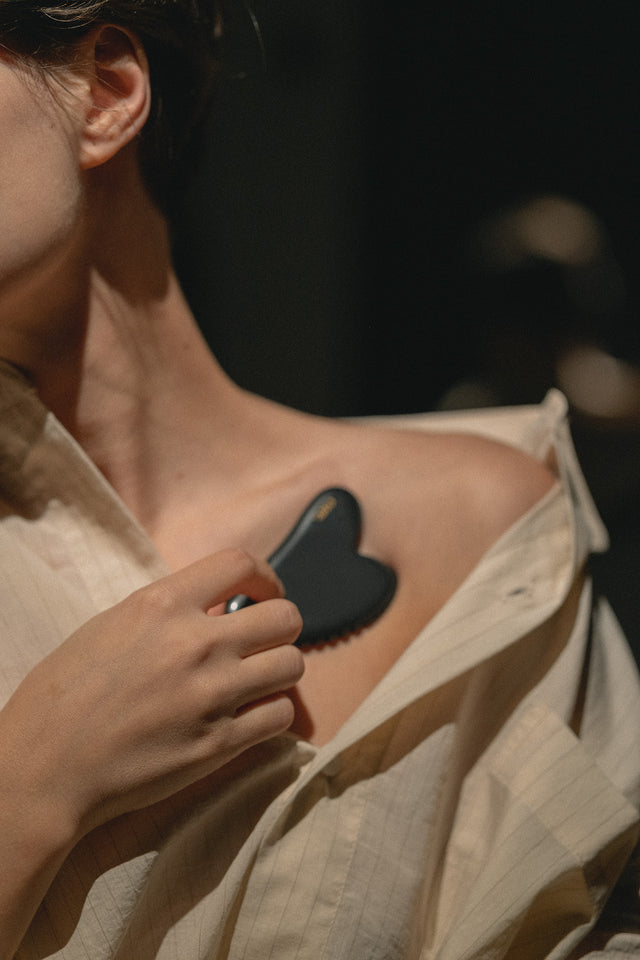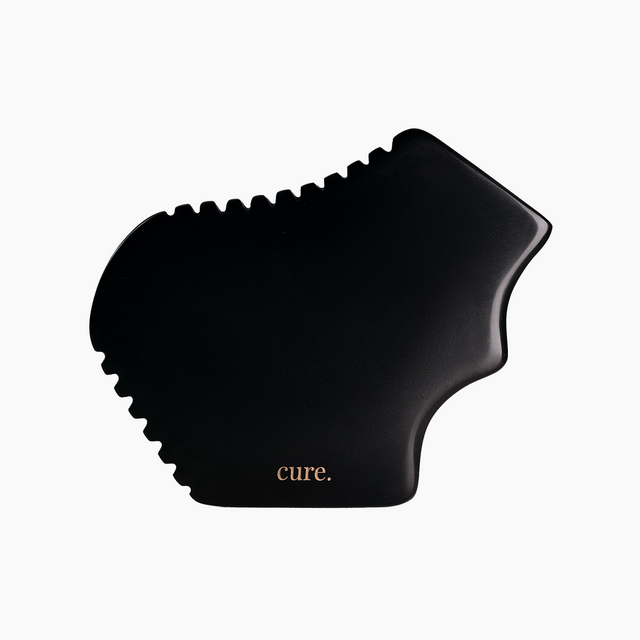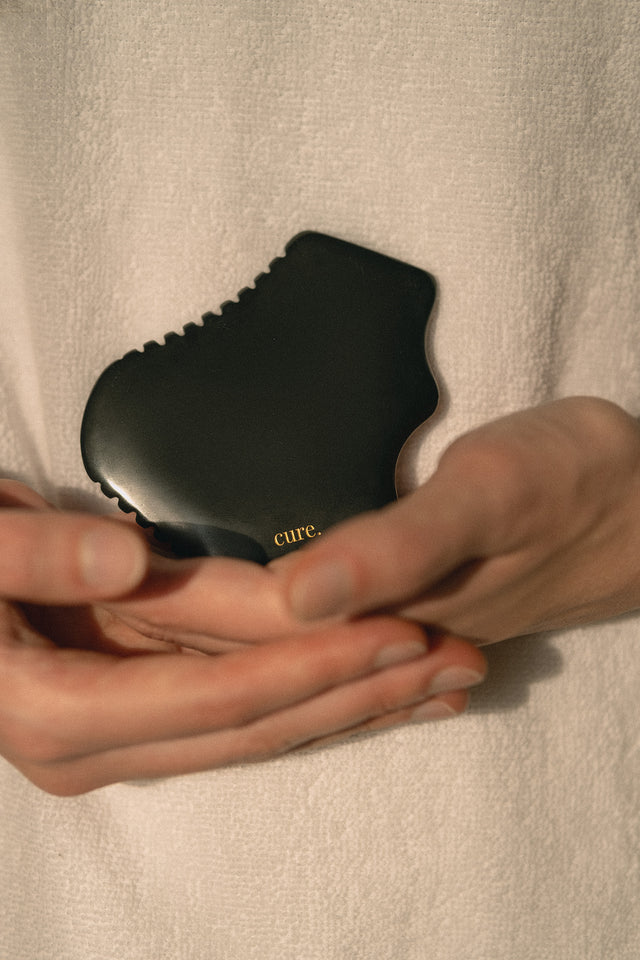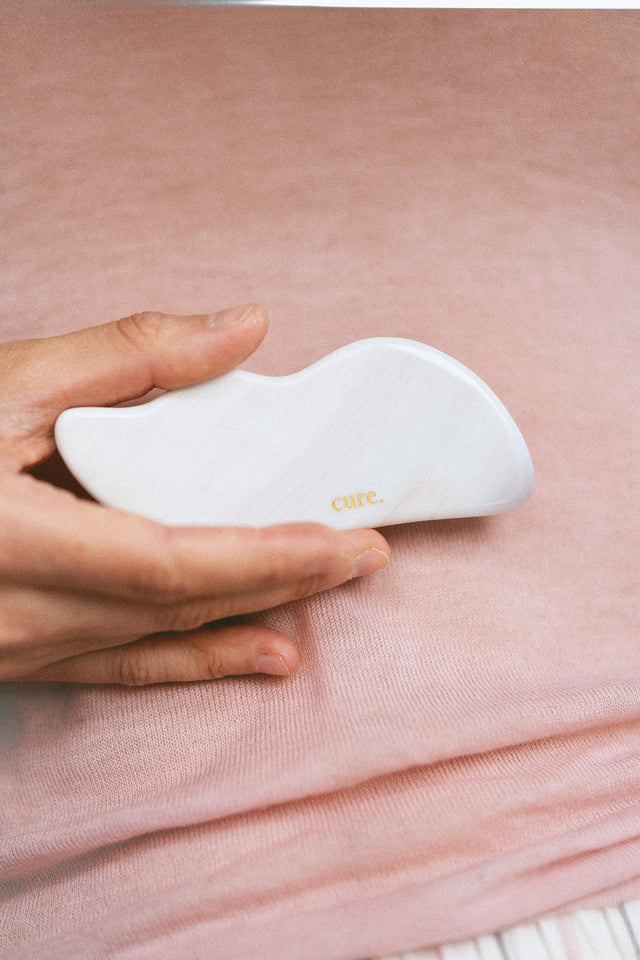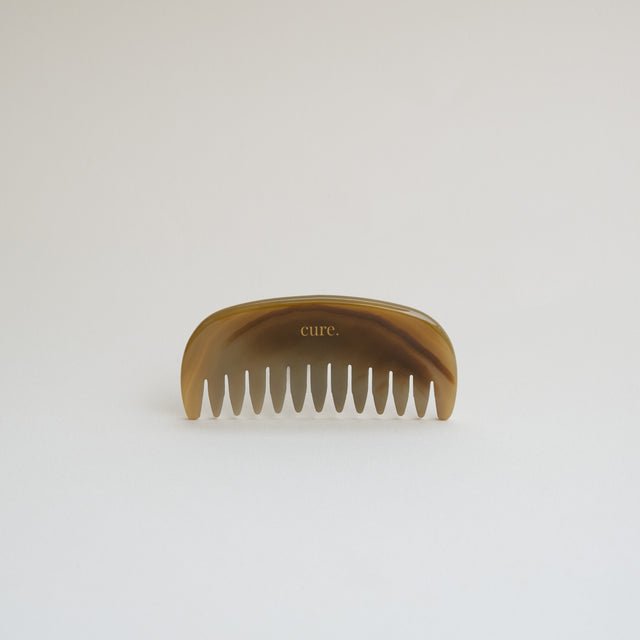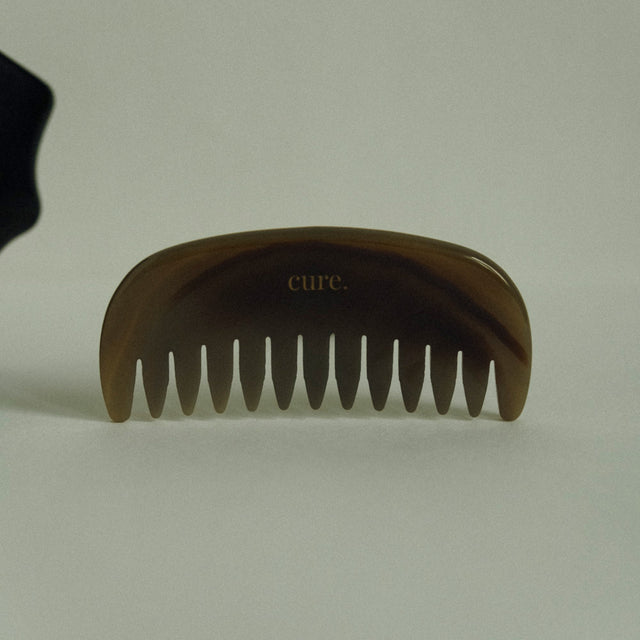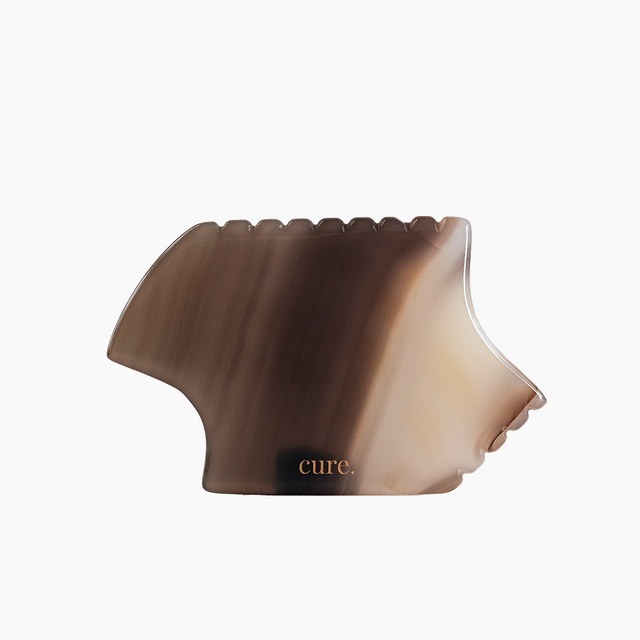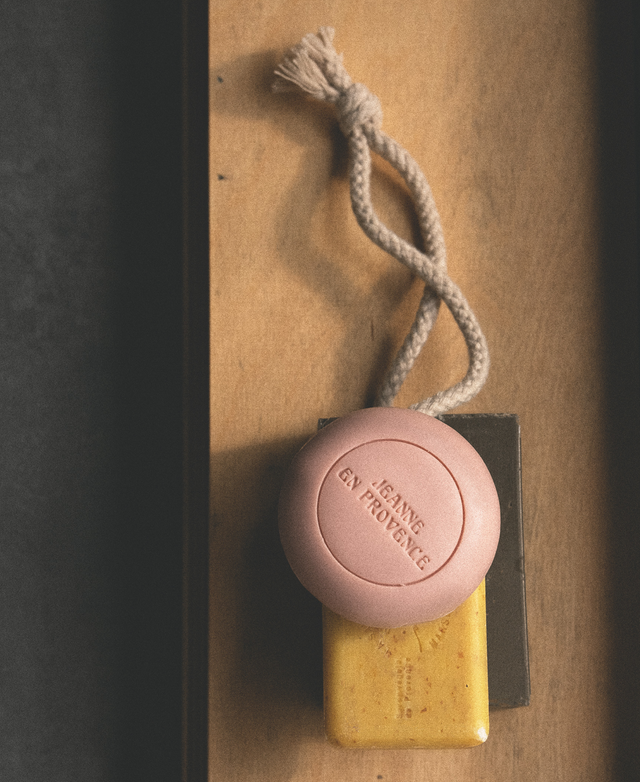Skin fasting: what is it and why is it sometimes necessary for our skin?
Cosmetic fasting is a new approach to skincare that emerged as a contrast to the multi-step skincare routines that were popular a couple of years ago.
What does this approach entail and who is it suitable for?
The term "skin fasting" originated in Japan in 2011. Beauty fasting involves temporarily abstaining from skincare and cosmetic products. It is believed that during the period of skin fasting, the skin should restore its natural processes without relying on constant support from skincare products. Additionally, when a large amount of cosmetics is used in daily beauty routines, one product can build up on top of another, and the abundance of preservatives, fillers, and other components can compromise the skin's protective barrier. In such cases, abstaining from cosmetics can be a beneficial idea.
How to do skin fasting
Skin fasting can take different forms: you can take a break from using a specific product or abstain from using any decorative or skincare cosmetics altogether.
The most common form of skin fasting is transitioning to a basic skincare routine. It consists of a cleanser, toner, and moisturizer. Dermatologists note that the initial reaction of the skin to this diet may be negative, with some dryness and tightness possibly appearing. However, after a few days, the skin recalls its natural mechanisms, and its condition improves.
Skin fasting can also be done by abstaining from using decorative cosmetics for a day and using only pure water (preferably thermal water) for cleansing in the evening. It is important to understand that the restoration of certain skin functions is directly related to the overall condition of the body, which is influenced by balanced nutrition and maintaining hydration.
Regulating the beauty diet should be based on your lifestyle and the needs of your skin. For example, if you live in a sunny state, you should not skip sunscreen, and if you live in a large city and use decorative cosmetics, do not exclude cleansing from your routine.
Who should try skin fasting
This method will be most beneficial for young people whose body processes, including skin processes, potentially work well on their own. However, interfering with the natural systems through improper skincare products can actually induce premature aging.
Skin fasting is also worth trying for individuals with sensitive and dry skin. Periodically abstaining from cosmetics can help avoid potential triggers of inflammation and redness.
Additionally, if you feel that your obsession with skincare products has gotten out of control and none of them seem to work as expected, skin fasting may be useful for you.
Contraindications
Skin fasting is not recommended for individuals with conditions such as eczema, rosacea, and other skin diseases. Maintaining the normal condition of such skin requires the regular use of certain active ingredients, and abstaining from them can lead to serious consequences.
Fasting should also be avoided by individuals with very oily skin and skin prone to acne. Abstaining from certain skincare products can disrupt sebum production, which can trigger breakouts and inflammation.
It is also advisable to refrain from fasting during winter if you live in a climate with sub-zero temperatures. During this period, the skin requires additional protection and nourishment, so abstaining from skincare products can be detrimental to its health.


